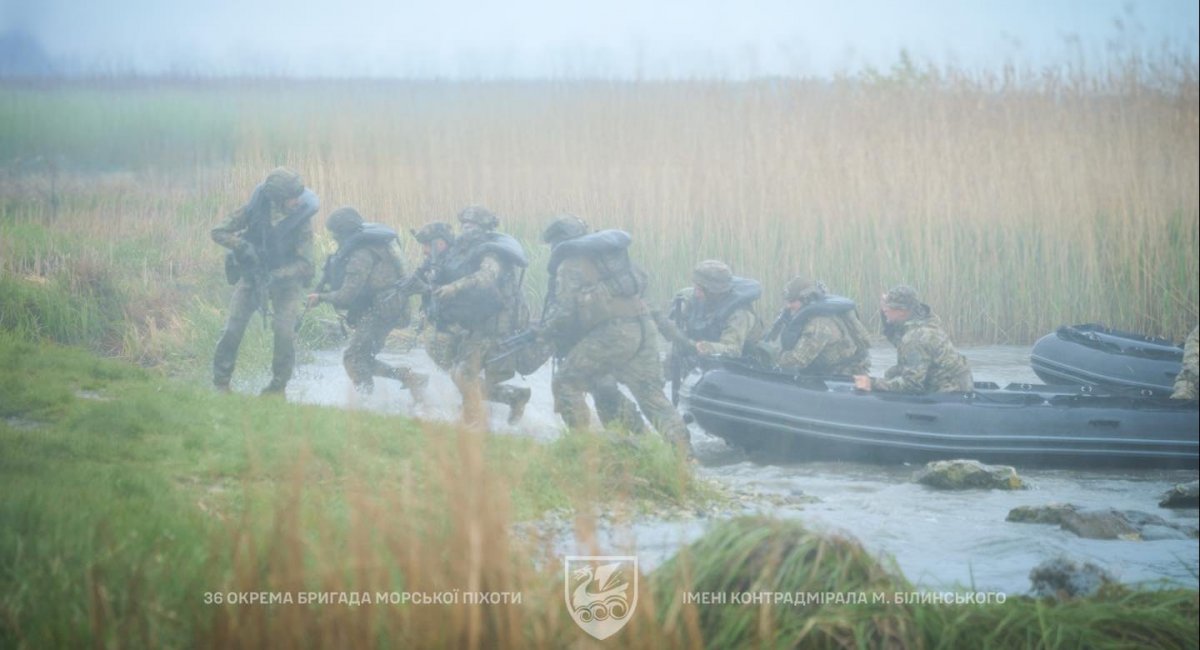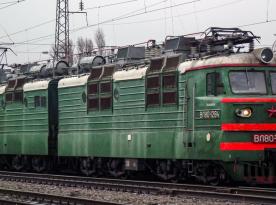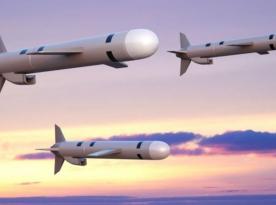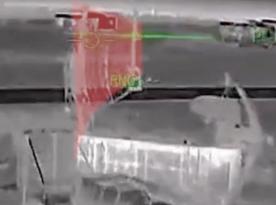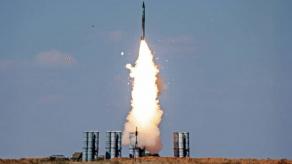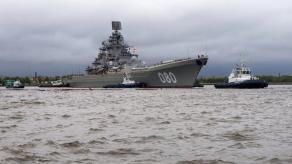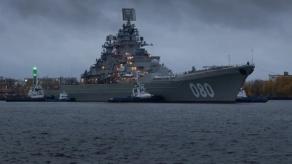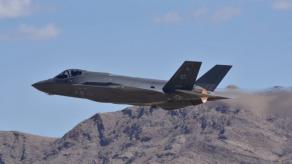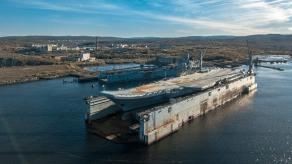russia is embarking on an unprecedented military expansion, aiming to spend nearly 1.1 trillion USD on rearmament by 2036, according to Kyrylo Budanov, the Chief of the Defense Intelligence of Ukraine. He warns this initiative is not merely about new weapons, it's a strategic transformation of russia's political, economic, and societal framework in preparation for long-term confrontation with the West.
Kyrylo Budanov characterizes the effort as total mobilization, involving every sector of russian governance. This mirrors a shift from limited military campaigns to a full-spectrum geopolitical challenge, as Moscow ramps up domestic production and military recruitment while adapting its force structure for sustained conflict.
Read more: russian Occupiers in Crimea Hide S-400 Systems, Disperse Troops Amid Fears of Ukrainian Strikes
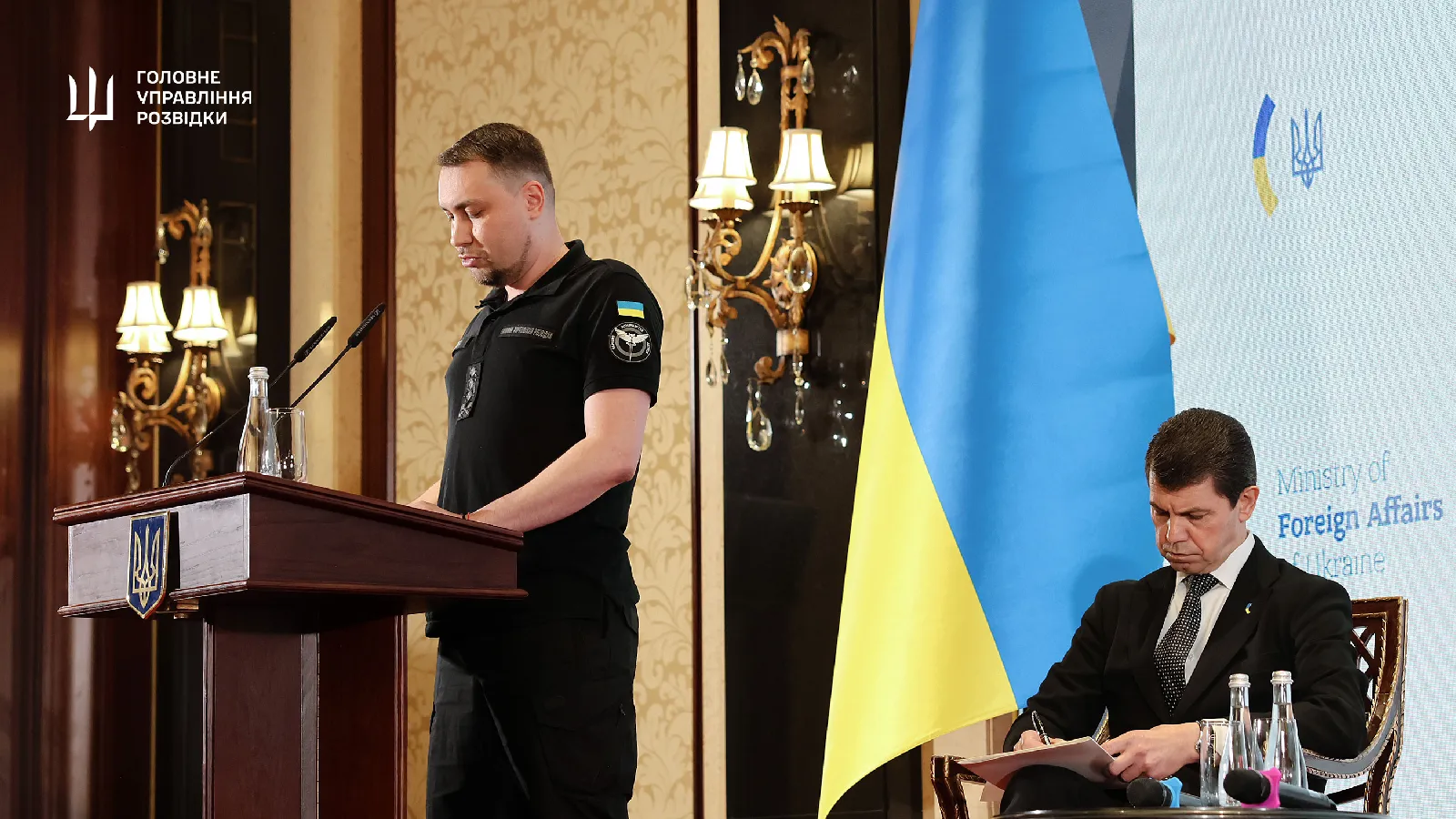
The creation of new military districts and formations is already underway. Russia has reportedly reestablished the Moscow and Leningrad Military Districts and is expanding with new divisions and brigades. These changes reflect an ambition to restore a Cold War-style command structure, capable of supporting operations on multiple fronts.
In tandem, russia is actively expanding its influence abroad. Through proxy actors such as the African Corps and remnants of the Wagner Group, Moscow is entrenching itself in regions like Africa and the Middle East. This global footprint supports both military and political objectives, including access to strategic resources and markets.
Hybrid warfare remains a central part of the Kremlin's approach. Kyrylo Budanov notes that disinformation, psychological operations, and cyberattacks are being deployed to weaken international support for Ukraine and sow discord in Western societies. These tools help russia avoid direct confrontation while still undermining opponents' cohesion.
The broader vision is a "closed global order" led by militarized superpowers. Russia seeks to dismantle the post-World War II international system, replacing it with one where power, not law or diplomacy, determines global outcomes. This ambition poses a long-term threat to global stability.
For Ukraine and its partners, the implications are urgent. The rearmament plan demands stronger international coordination, long-term investment in defense, and deeper resilience against russian hybrid tactics. As Kyrylo Budanov emphasizes, understanding russia's strategy is crucial to ensuring it does not succeed in reshaping the world through force.
Read more: russians Fear Possible Typhon Deployment in Germany




